In today’s digital age, social media is a cornerstone of our daily lives. Platforms like Facebook, Instagram, Twitter, and Tik-Tok have revolutionized communication, allowing us to stay connected and share experiences. However, alongside these benefits lies a darker side that can contribute to anxiety.
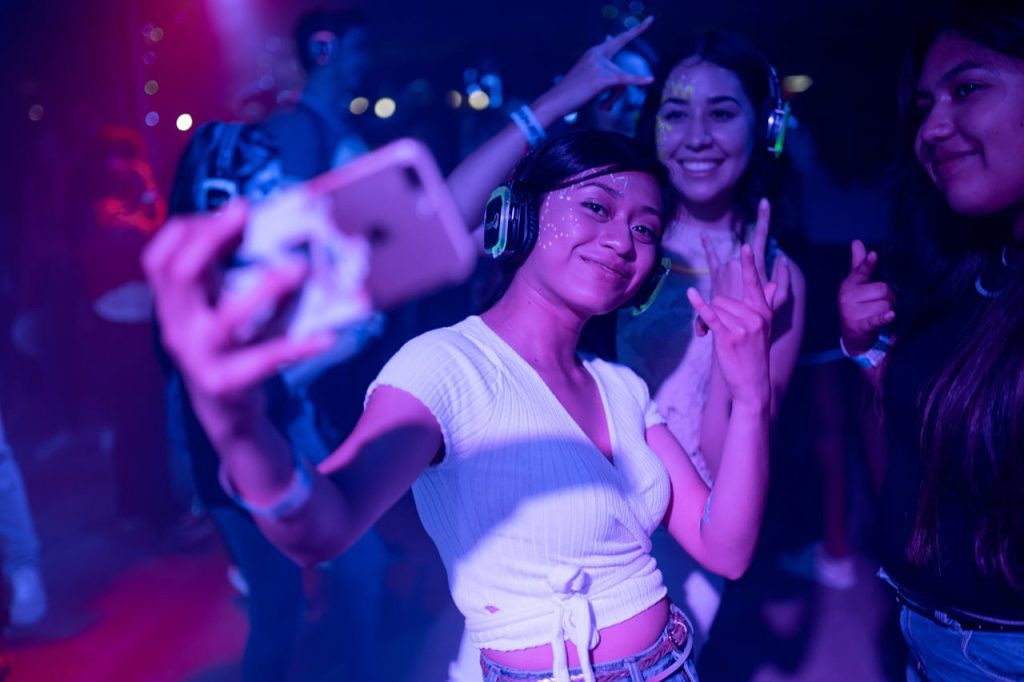
The Pressure to Present a Perfect Life
Social media often pressures users to showcase a flawless existence. Scrolling through Instagram, you may encounter friends and influencers displaying seemingly perfect lives—exotic vacations, ideal relationships, and thriving careers. This curated content can lead to feelings of inadequacy and self-doubt. For instance, you might feel anxious if your life doesn’t measure up to the highlight reels you see online.
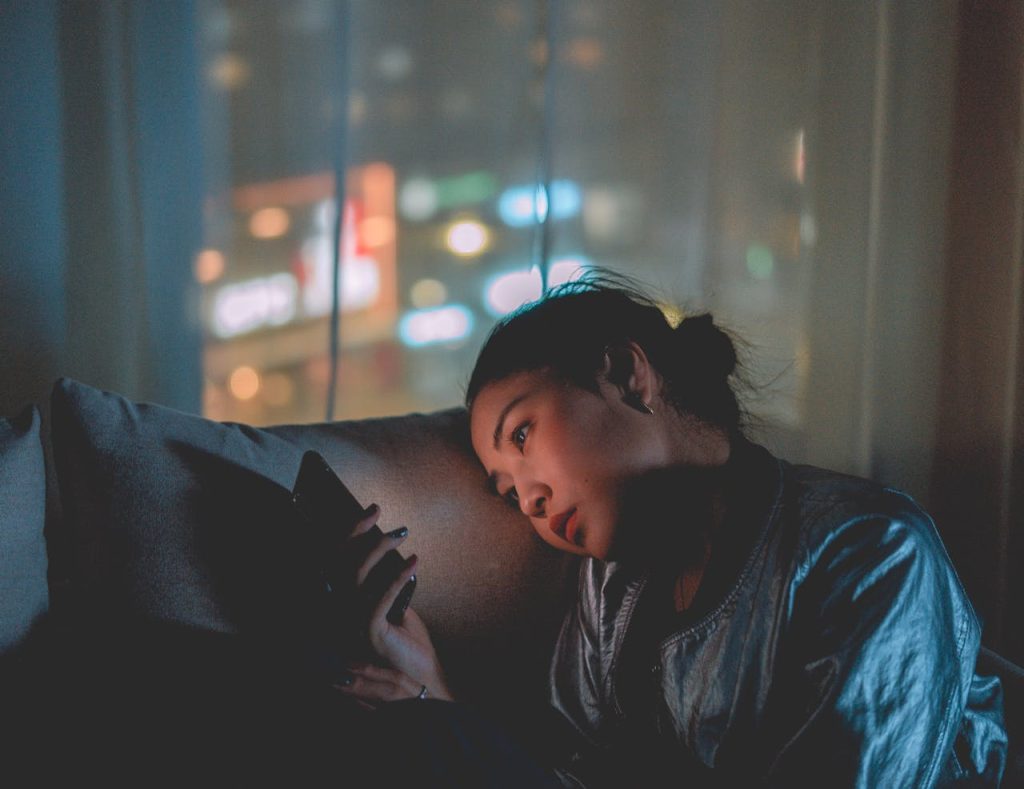
Fear of Missing Out (FOMO)
Fear of Missing Out, or FOMO, is another anxiety trigger linked to social media. Witnessing friends at events or trips you weren’t part of can foster a sense of exclusion and loneliness. This fear can lead to compulsive checking of social media feeds, exacerbating anxiety. For example, discovering a friend’s party you didn’t know about might leave you feeling anxious and left out.
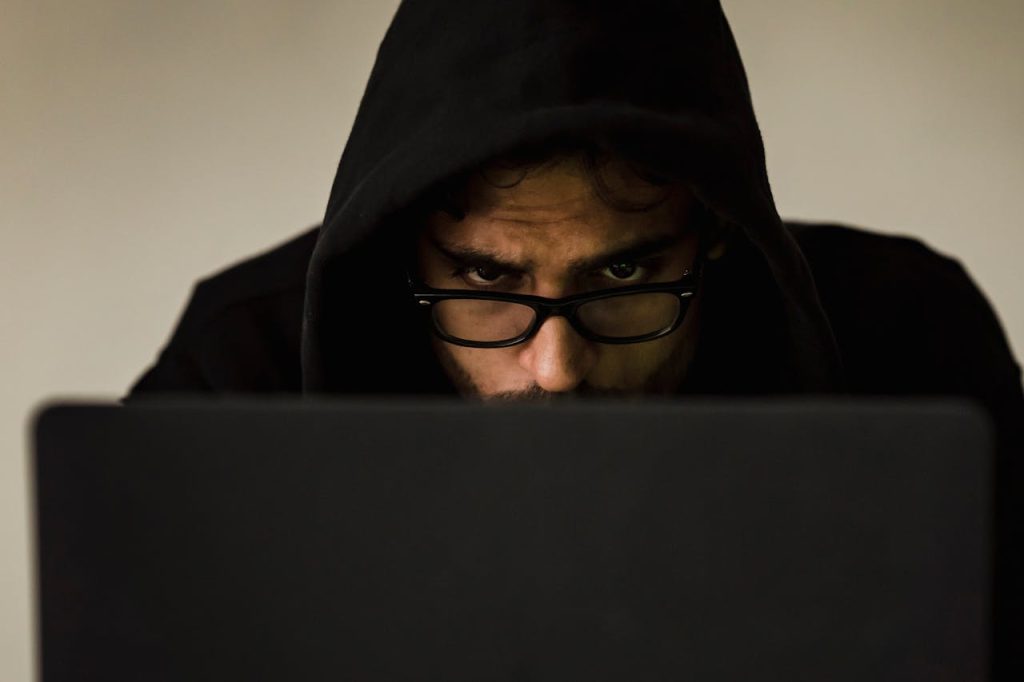
Cyber-bullying and Online Harassment
Social media can also be a breeding ground for cyber-bullying and harassment. Negative comments and public shaming can severely impact mental health. Victims often experience heightened anxiety, depression, and isolation. Take, for instance, a teenager feeling anxious about school after receiving mean comments on their posts.
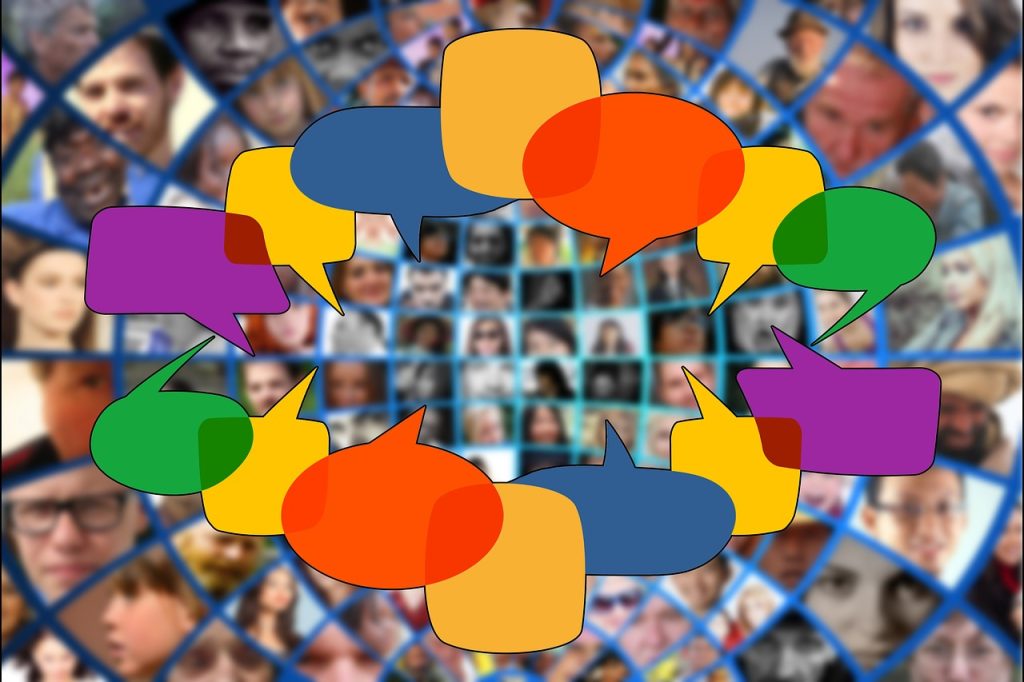
Information Overload
The constant influx of information on social media can be overwhelming. News updates and global events are at our fingertips, and the sheer volume can lead to information overload. This makes it difficult to process and prioritize, increasing stress and anxiety. Spending hours scrolling through news can leave you feeling overwhelmed by the state of the world.
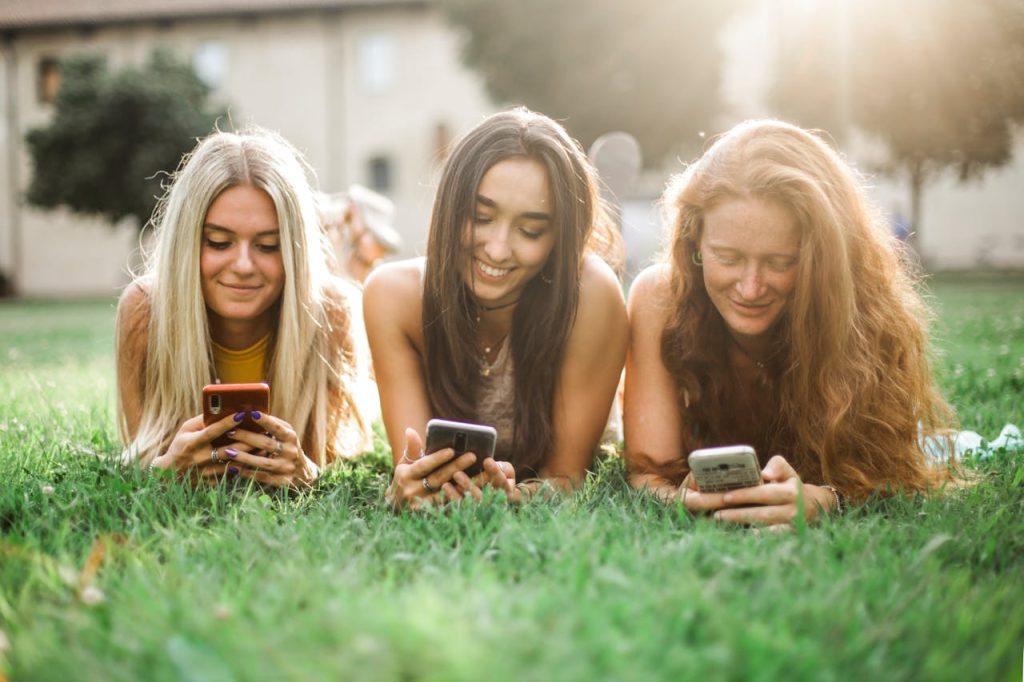
Comparison and Self-Esteem
Social media encourages comparison, often negatively affecting self-esteem. Comparing your life, appearance, and achievements to others can lead to feelings of inadequacy. For example, seeing photos of fitness influencers might make you anxious about your body image.
Managing Social Media Anxiety
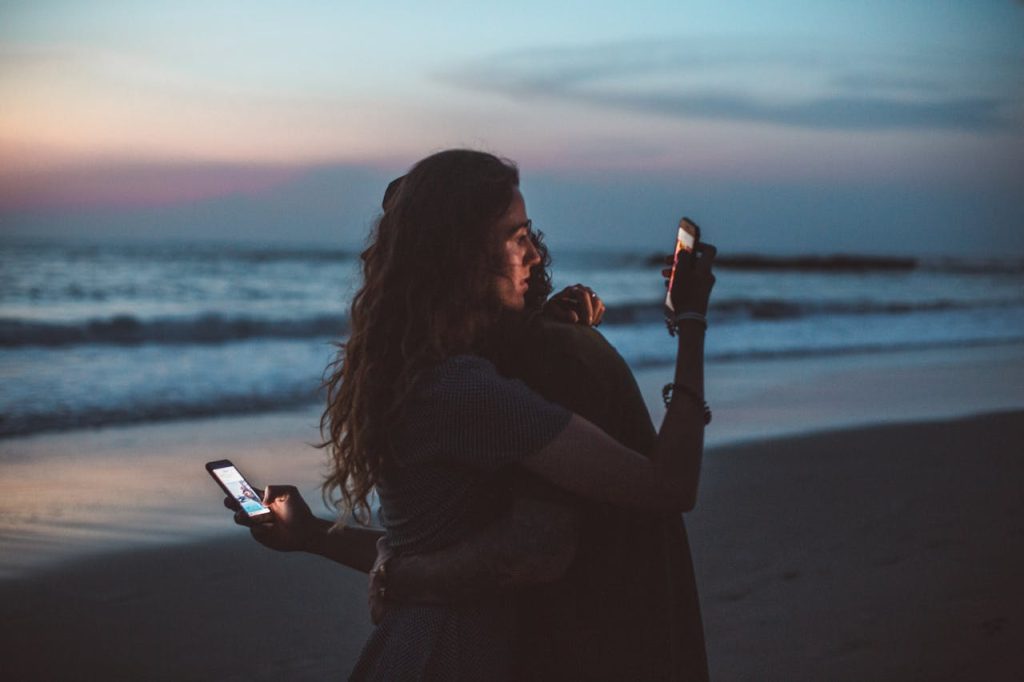
While social media can contribute to anxiety, there are ways to manage its impact:
- Limit Screen Time: Set boundaries for daily social media use. Use apps or phone features to track and limit your time online.
- Curate Your Feed: Follow accounts that inspire and uplift you. Unfollow or mute those that trigger negative emotions.
- Practice Mindfulness: Be aware of how social media affects your mood. If anxiety increases, take a break and engage in relaxing activities.
- Seek Support: Talk to friends, family, or a mental health professional about your feelings. Sharing can alleviate anxiety and provide support.
- Focus on Real-Life Connections: Prioritize face-to-face interactions and build meaningful offline relationships. Real-life connections can reduce feelings of isolation.
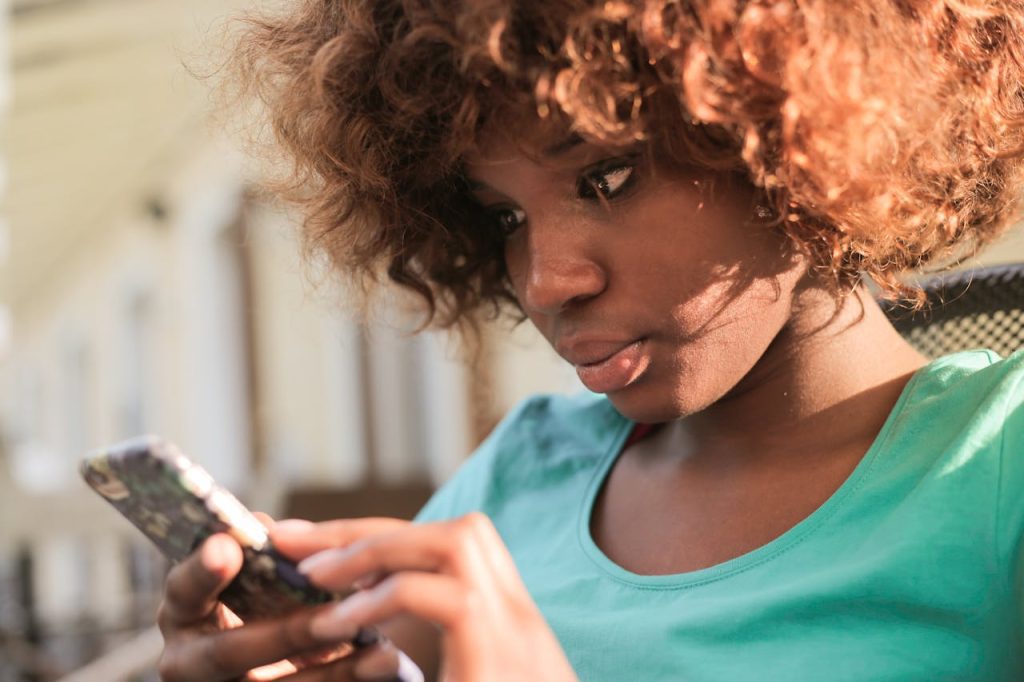
In conclusion, while social media offers benefits, it’s crucial to be aware of its potential impact on anxiety. By taking proactive steps to manage your usage, you can navigate the digital world in a way that supports your mental health and well-being. Remember, it’s okay to prioritize mental health over online presence.
